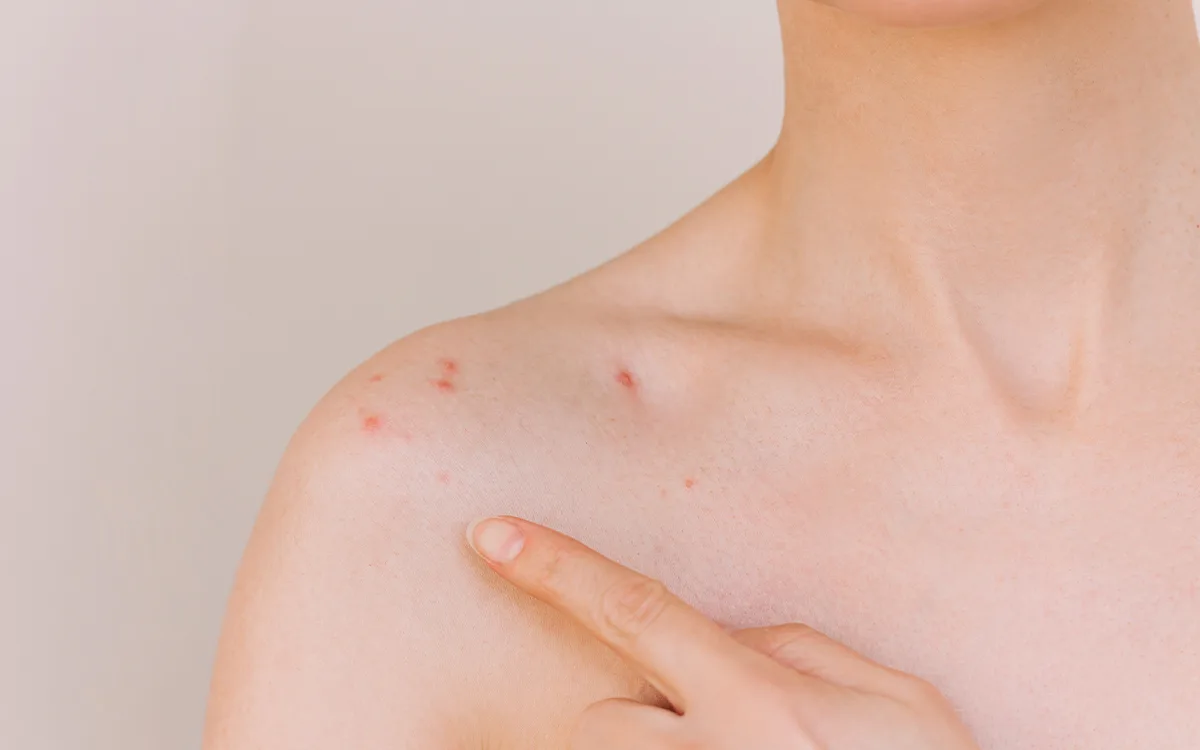Acne is one of the most common skin conditions affecting people of all ages. From teenagers to adults, dealing with acne can be frustrating, especially when advice is coming from all directions—most of it confusing and outdated. One of the most debated topics around acne is diet. You may have heard people say things like “Avoid chocolate” or “Greasy food causes pimples,” but how much of that is actually true?
Thanks to growing research in dermatology and nutrition, science is now helping us clear up the confusion. In this blog, we will go through five popular myths about acne and diet that we can stop believing, according to science. Whether you are dealing with adult acne or occasional breakouts, clearing up these myths can help you understand your skin better.
5 Myths About Acne & Diet That We Can Stop Believing
Myth 1: Eating Greasy Foods Causes Acne
Greasy pizza and French fries have long been blamed for causing breakouts. But science says the link is not as strong as people think.
While oily foods can make your fingers greasy (and touching your face after eating might irritate the skin), consuming these foods does not directly affect your sebaceous glands—the glands responsible for producing oil in your skin. Acne is caused by clogged pores, a mix of excess oil, dead skin cells, and bacteria—not by the oil on your plate.
What actually matters: If you are constantly touching your face with greasy hands or not washing your face properly, you might be pushing bacteria deeper into the skin, which can lead to clogged pores and pimples.
Myth 2: Sugar and Chocolate Always Trigger Acne Breakouts
This is one of the most repeated claims when it comes to acne and food. But is chocolate really the villain?
Several studies have shown that while high-glycemic diets (foods that spike glucose quickly) may be linked to more frequent breakouts, not everyone reacts the same way. Chocolate itself does not automatically trigger acne. The real issue might be the added sugars and dairy ingredients in some chocolate products.
So what should you know? It is not about avoiding chocolate entirely. Instead, pay attention to how your skin responds to certain foods. Everyone’s skin reacts differently.
Myth 3: Dairy Products Always Worsen Acne
This myth has gained popularity over the past decade, with many people cutting out dairy hoping for clearer skin.
Some research does suggest that dairy, especially skim milk, may be linked to breakouts in certain individuals. But again, the effects vary from person to person. The reason is not entirely clear, but it may have something to do with hormones in milk or how milk affects insulin levels.
Helpful takeaway: If you suspect dairy might be irritating your skin, try reducing it for a few weeks and monitor how your skin behaves. You do not need to completely eliminate all dairy unless you notice a clear difference.
Myth 4: Acne Is Caused by Poor Hygiene
It is a common belief that acne happens because the skin is dirty. Many people think washing their face more often will clear it up.
The truth? Acne is not caused by dirt. In fact, overwashing your face can strip away natural oils, irritate the skin, and worsen acne-prone skin. Acne forms when oil, dead skin cells, and bacteria clog the pores—not because your skin is not clean enough.
Smart skincare tip: Washing your face twice a day with a gentle cleanser is enough. Scrubbing too hard or using harsh products can damage the skin barrier and lead to more breakouts.
Myth 5: You Should Pop Pimples to Get Rid of Them
We know how tempting it is—but popping pimples is not the answer.
Popping might give short-term satisfaction, but it can push bacteria deeper into the skin, leading to more discomfort. It can also cause scarring or dark spots, especially for people with deeper skin tones.
Better approach: Stick to spot treatments with ingredients like salicylic acid or benzoyl peroxide. These help treat clogged pores without irritating the skin further.
So, What Actually Affects Acne?
Acne is a condition that affects the sebaceous glands in your skin. It can be influenced by many factors: hormones, genetics, stress, certain products, and yes, in some cases, diet. But no single food item is responsible for breakouts in everyone.
Instead of cutting out entire food groups, a more balanced approach is better. Support your skin health by eating a variety of whole foods, drinking enough water, and listening to your body. Pay attention to what foods may irritate your skin—because what works for one person might not work for another.
Final Thoughts
When it comes to dealing with acne, it is easy to get overwhelmed by advice—especially when so much of it is based on myths. Knowing what is true and what is not can help you make better choices for your skin. Science tells us that while diet can play a role in acne, it is not the only piece of the puzzle.
Focus on gentle skincare, maintain a consistent routine, and be mindful of how your body responds to certain foods. And remember, having acne-prone skin is nothing to be ashamed of—it is just one of many common skin conditions that many people experience.
By letting go of these outdated myths, you give your skin a chance to thrive—without all the guilt, stress, and misinformation.
Checkout this blog: Is Pineapple the Secret to Healthier-Looking Skin?

